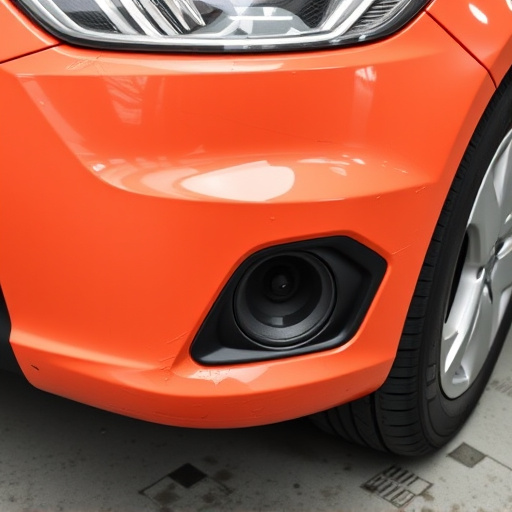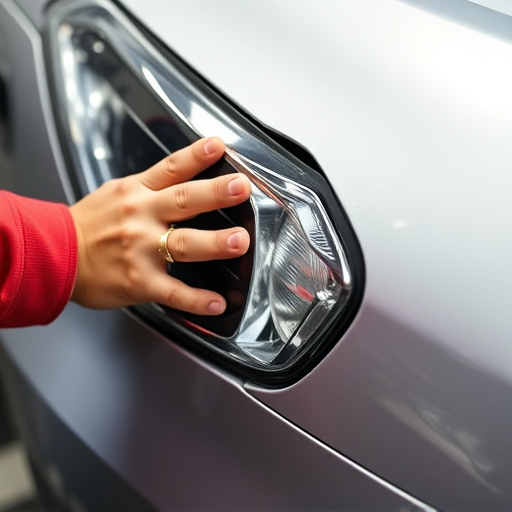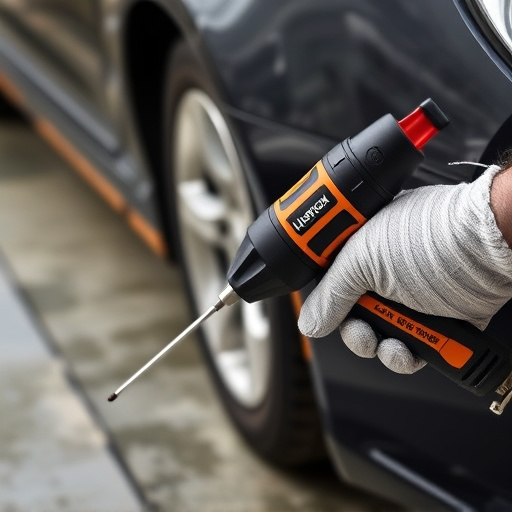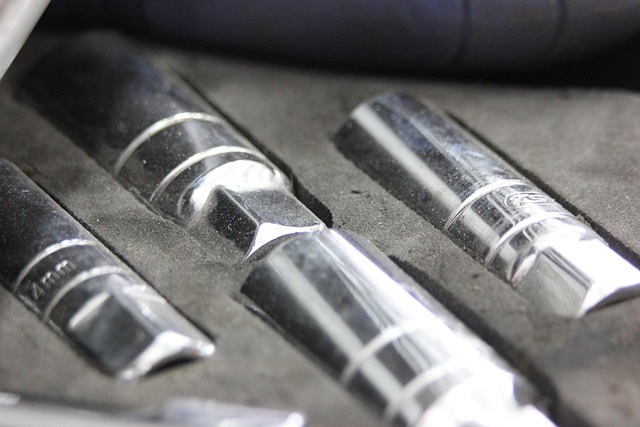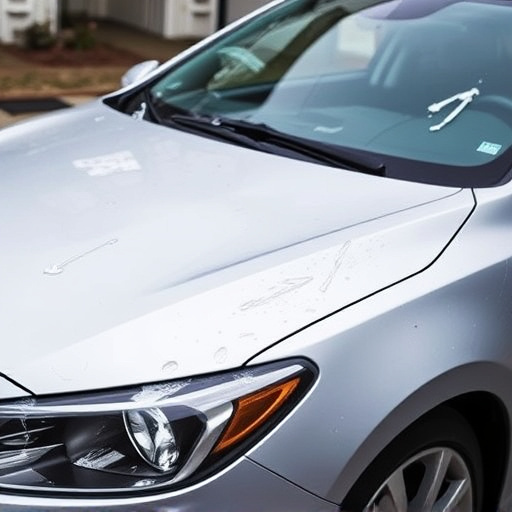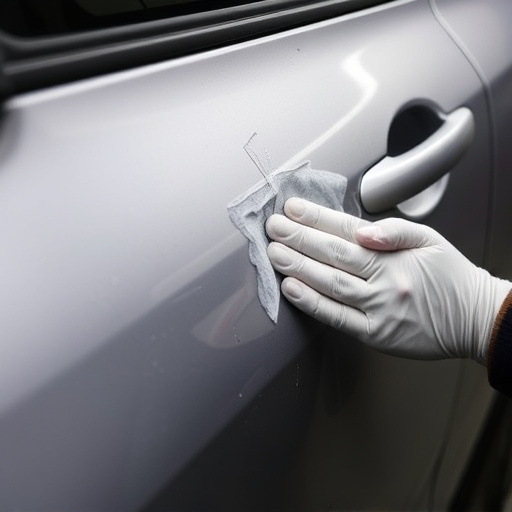A solar-powered body shop offers a green alternative to traditional repair facilities by reducing carbon footprints through renewable energy, appealing to environmentally conscious consumers looking for sustainable vehicle repair options like paintless dent repair and auto detailing. By leveraging the sun's power, these shops decrease fossil fuel reliance, cut energy costs, and enhance their eco-friendly reputation, becoming leaders in the industry among customers who prioritize sustainability.
The rise of eco-conscious consumers has placed a spotlight on the environmental impact of personal care brands. Among the solutions gaining traction is the adoption of solar power, particularly within the realm of body shops. This article delves into the transformative effects of a solar-powered body shop, focusing on three key aspects: reducing carbon footprint through renewable energy, implementing sustainable practices that extend beyond energy generation, and fostering community impact for a greener future. By embracing solar power, these businesses contribute to a more sustainable beauty industry.
- Reducing Carbon Footprint: The Solar Advantage
- – Discuss the traditional energy consumption of body shops and their environmental impact.
- – Explain how solar power acts as a sustainable alternative, offering significant reductions in carbon emissions.
Reducing Carbon Footprint: The Solar Advantage

A solar-powered body shop offers a significant advantage when it comes to reducing its carbon footprint—a crucial aspect in today’s environmentally conscious world. By harnessing the power of the sun, this innovative business model minimizes the reliance on traditional energy sources that contribute to greenhouse gas emissions. Unlike vehicle collision repair or car damage repair facilities that might heavily depend on electricity and fossil fuels, solar energy provides a clean and sustainable alternative.
The adoption of solar power allows for more efficient energy consumption, which is especially beneficial for large-scale operations like body shops with high energy demands. This shift towards renewable energy not only helps reduce the overall carbon footprint but also contributes to a greener and healthier environment. Moreover, it positions these body shops as leaders in eco-friendly practices, appealing to environmentally aware customers who prioritize sustainability in their choices, even when it comes to vehicle repair services.
– Discuss the traditional energy consumption of body shops and their environmental impact.

Traditional energy consumption in body shops primarily relies on fossil fuels, contributing significantly to environmental degradation. These establishments often require substantial power for lighting, heating or cooling systems, and heavy machinery used in tasks like paintless dent repair and auto detailing. The carbon footprint left by such activities is considerable, especially when considering the energy-intensive nature of these processes. For instance, the manufacturing and disposal of automotive paints and other chemicals associated with Mercedes Benz repair can have detrimental effects on local ecosystems and contribute to global climate change.
A solar-powered body shop offers a compelling alternative, harnessing renewable energy from the sun to minimize environmental impact. By adopting this green approach, businesses can reduce their dependence on non-renewable resources, lowering operating costs and helping to preserve natural resources for future generations. This shift towards sustainability is not only beneficial for the environment but also positions such body shops as forward-thinking and responsible contributors to a greener community, potentially appealing to eco-conscious customers seeking services like paintless dent repair or auto detailing.
– Explain how solar power acts as a sustainable alternative, offering significant reductions in carbon emissions.
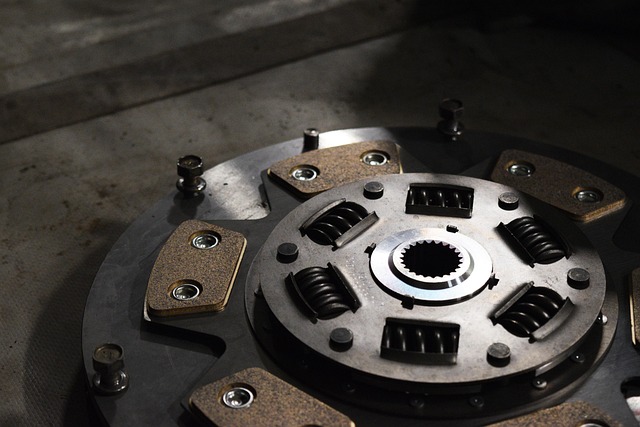
The adoption of solar power by a body shop represents a significant step towards sustainability and environmental preservation. This renewable energy source offers a clean alternative to conventional electricity, enabling the reduction of carbon footprint significantly. By harnessing the sun’s energy, a solar-powered body shop can meet its energy demands without emitting harmful greenhouse gases or pollutants, which is particularly beneficial in industries like auto detailing and auto body work where traditional power sources contribute heavily to climate change.
In addition to the environmental benefits, solar power provides economic advantages for these businesses. Once installed, solar panels offer long-term savings on energy costs compared to traditional electricity bills. This shift towards sustainability can enhance a solar-powered body shop’s reputation as an eco-conscious enterprise, appealing to environmentally aware customers and potentially increasing market competitiveness in the auto body shop sector.
A solar-powered body shop represents a significant step towards a greener future for the beauty industry. By leveraging the power of the sun, these establishments substantially reduce their carbon footprint, contributing to global efforts in combating climate change. The environmental benefits extend beyond carbon emissions; they also decrease reliance on non-renewable energy sources, promoting sustainability and eco-friendliness in a sector that historically has had a substantial ecological impact. As consumers become increasingly conscious of the planet’s health, embracing solar power becomes not just an option but a responsible choice for businesses aiming to minimize their environmental footprint.


